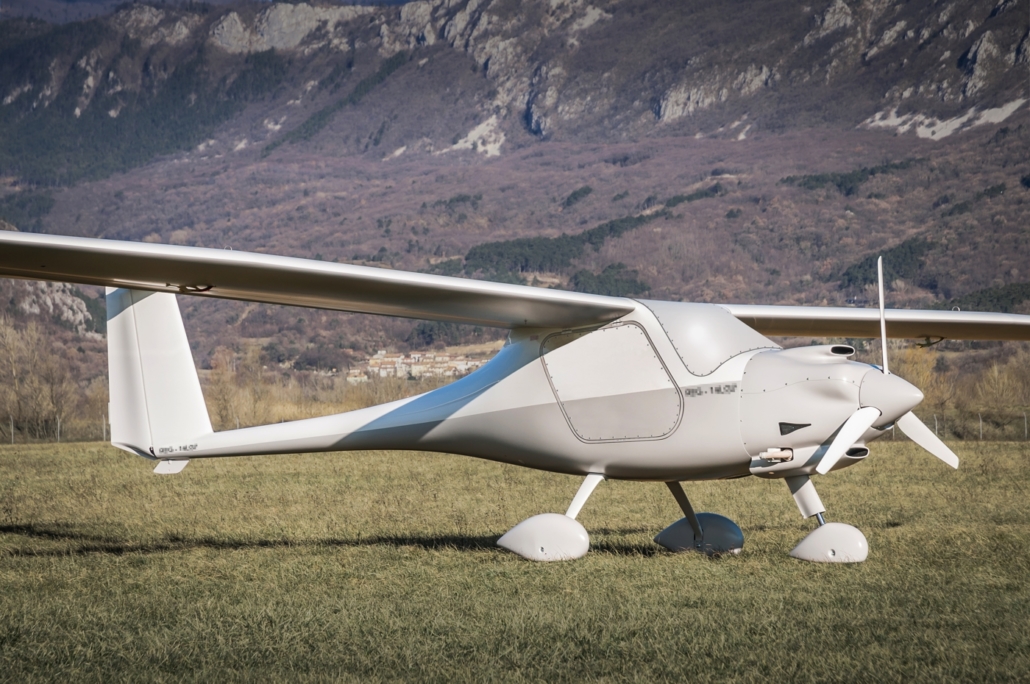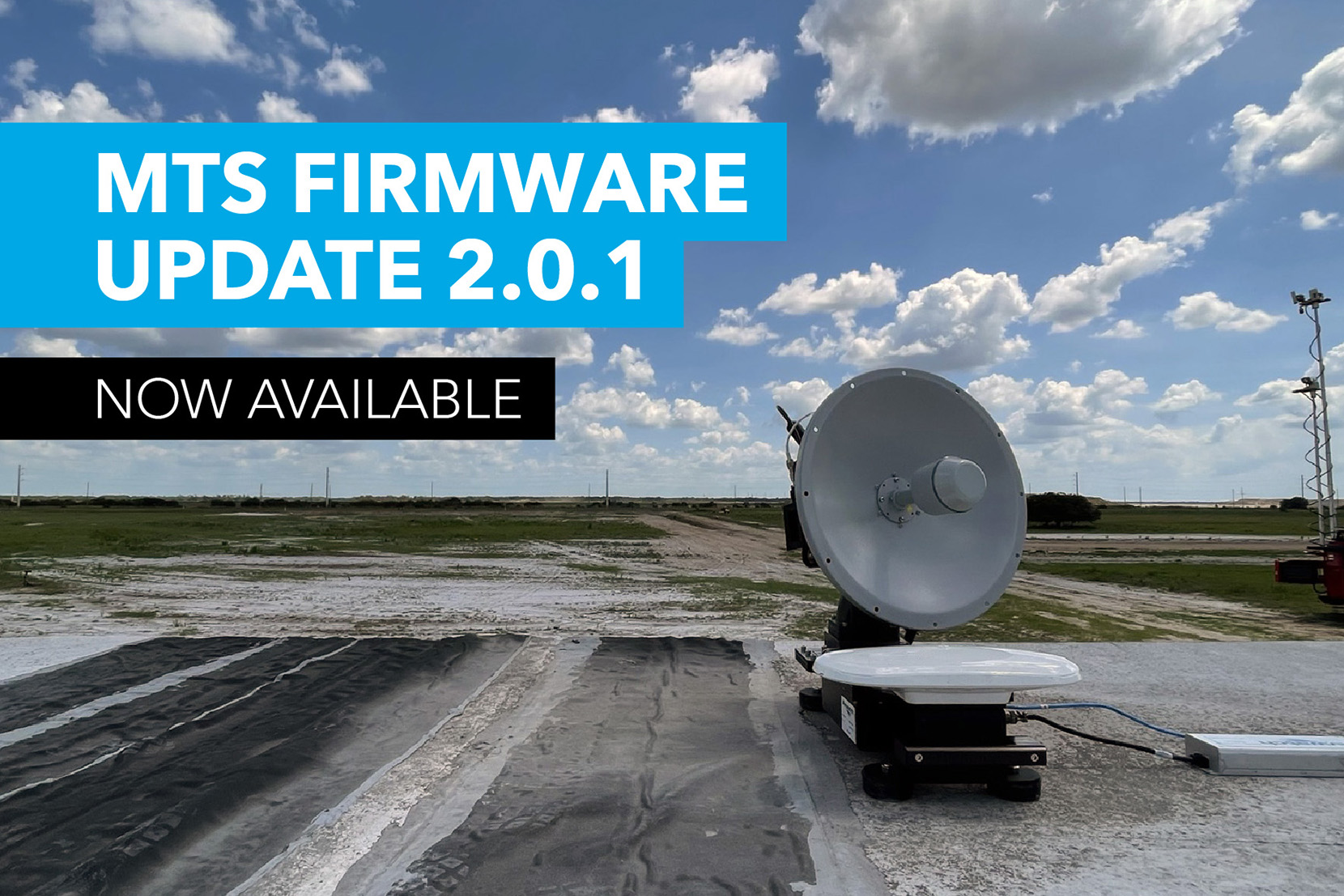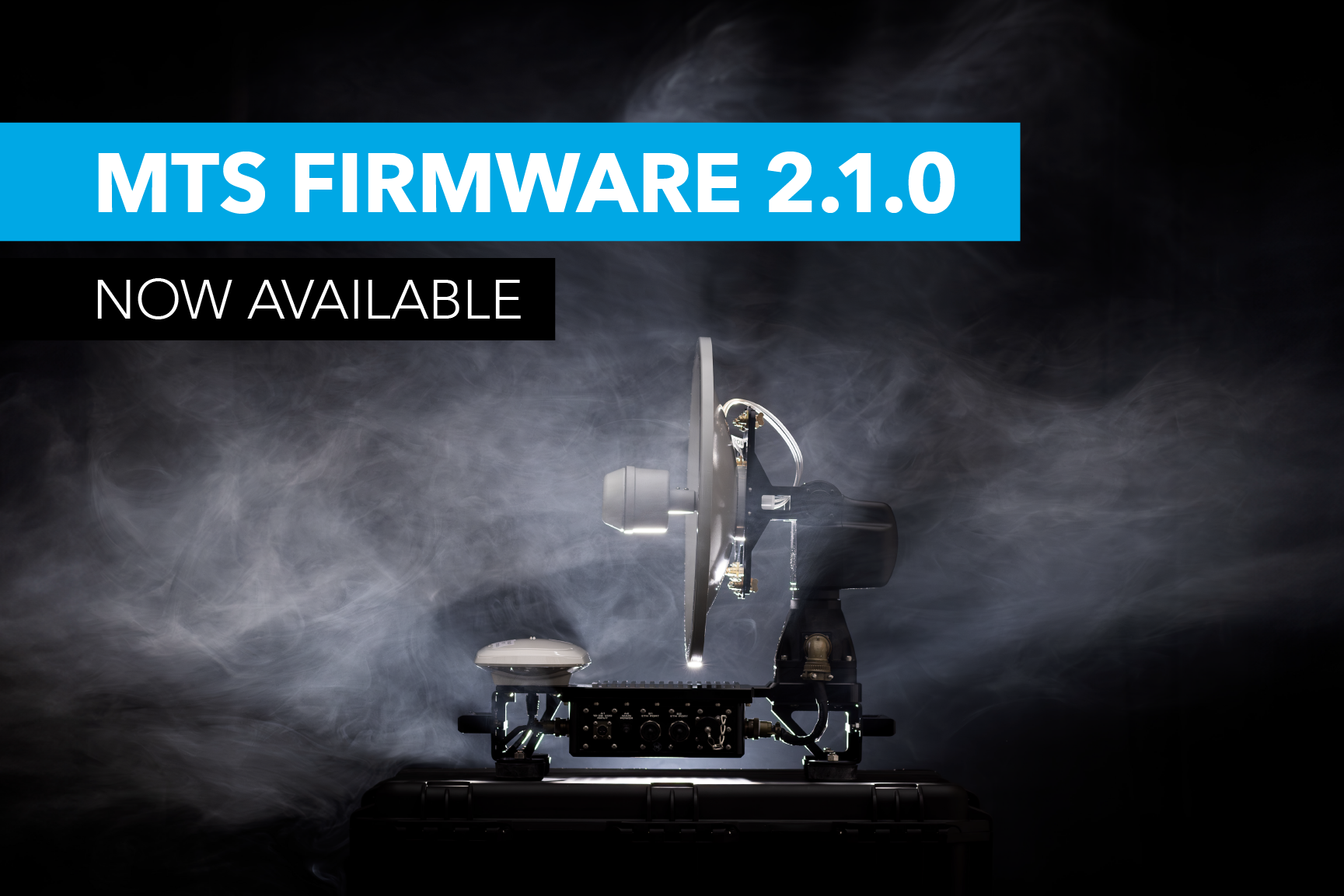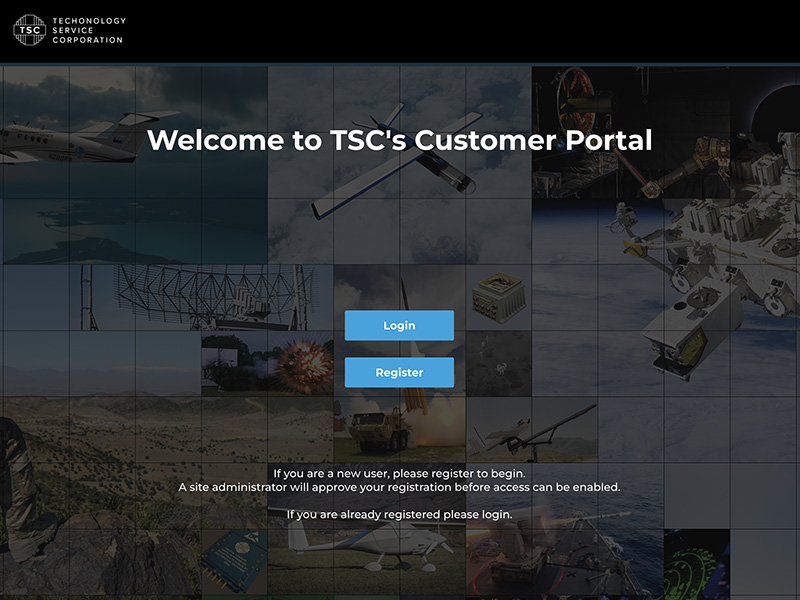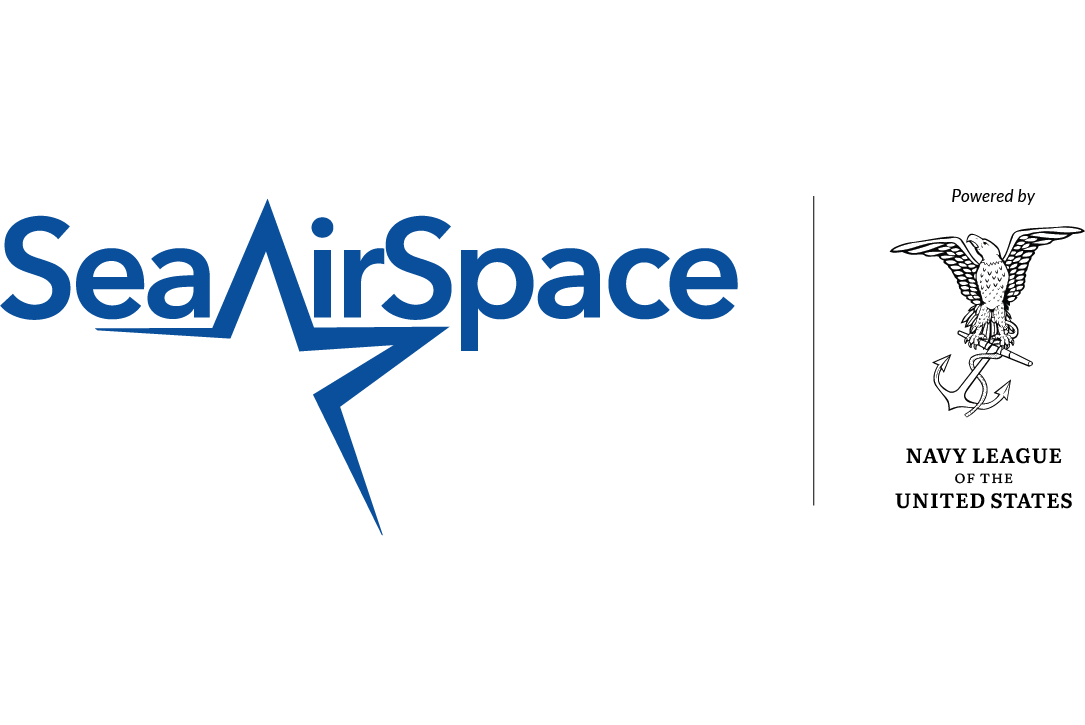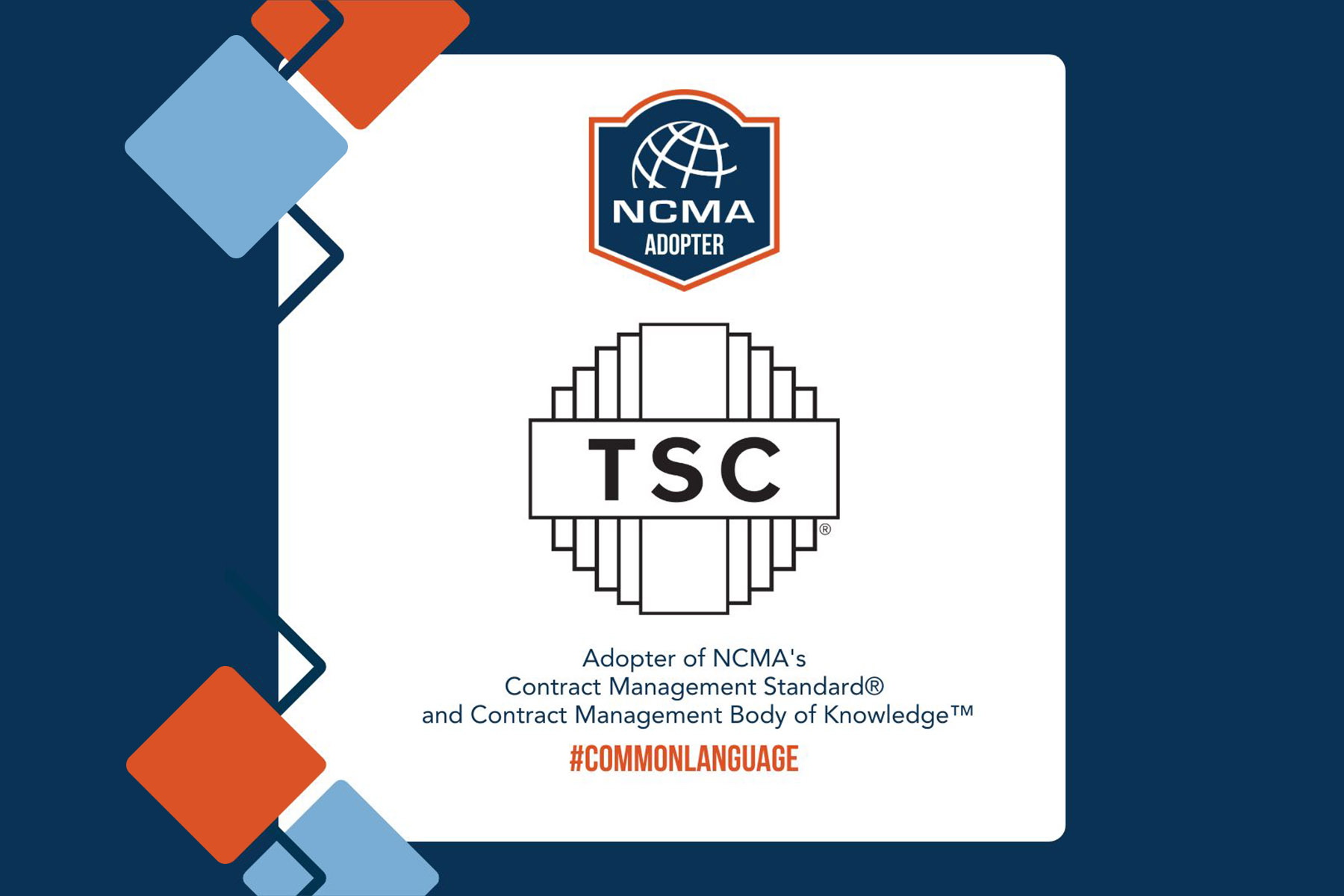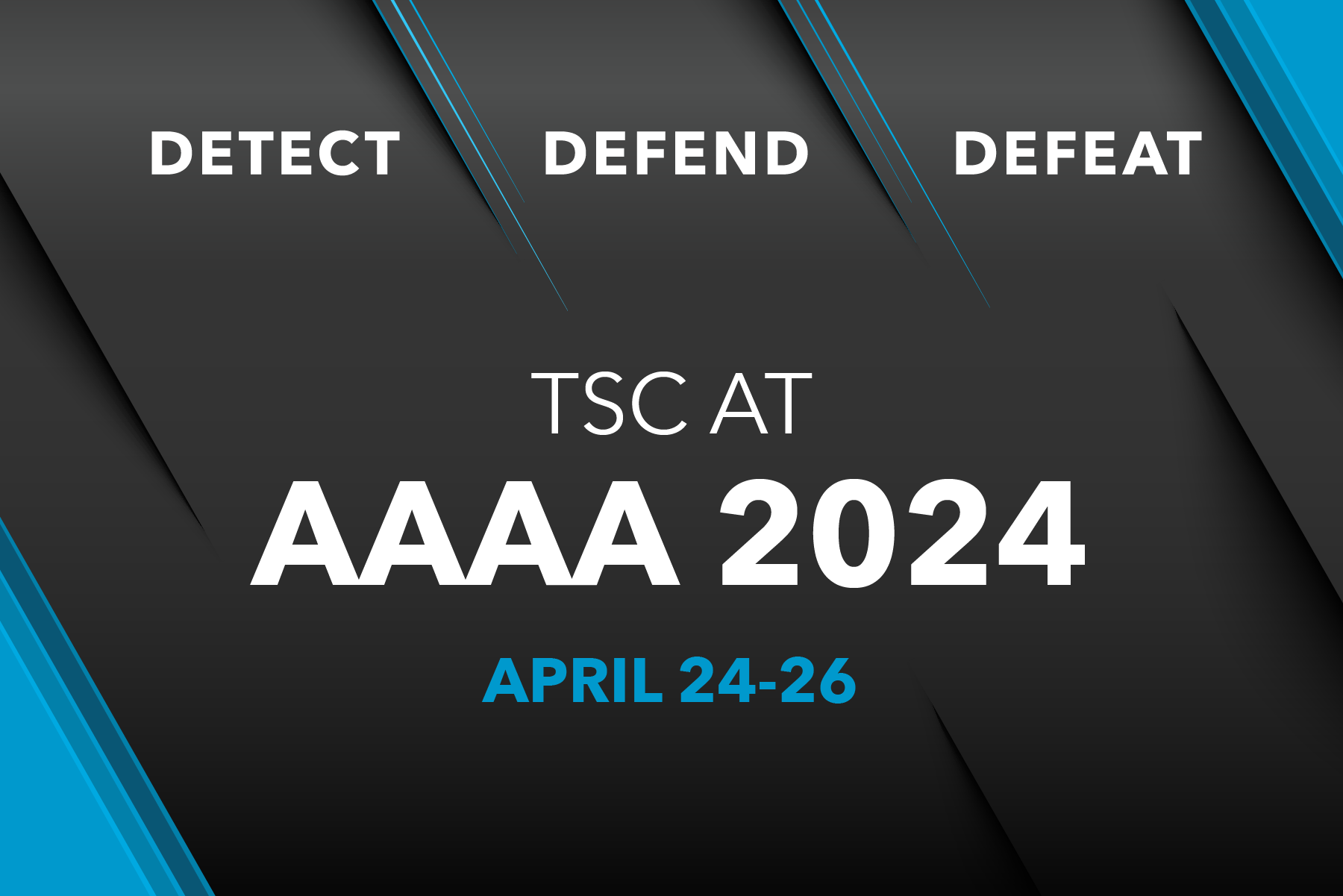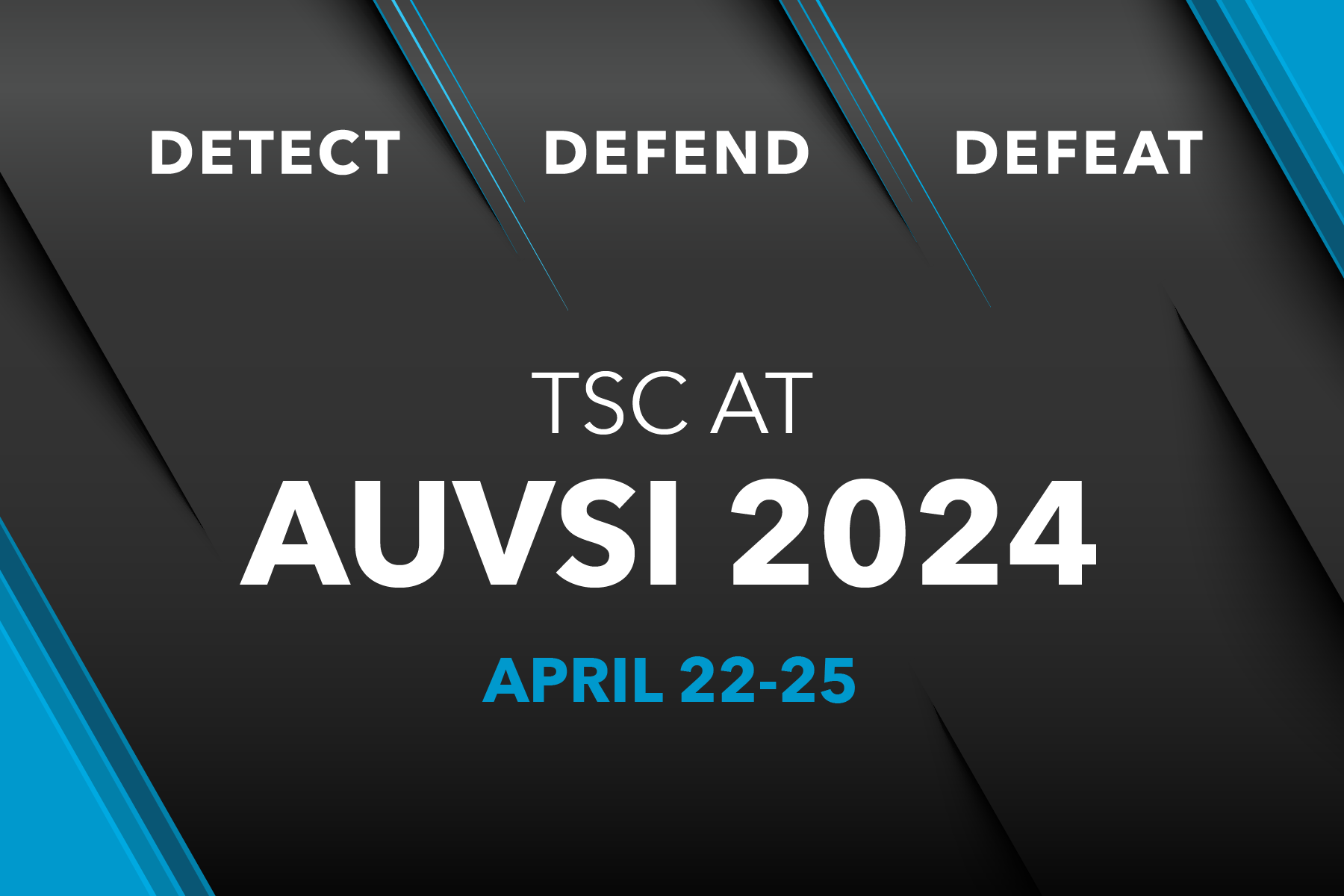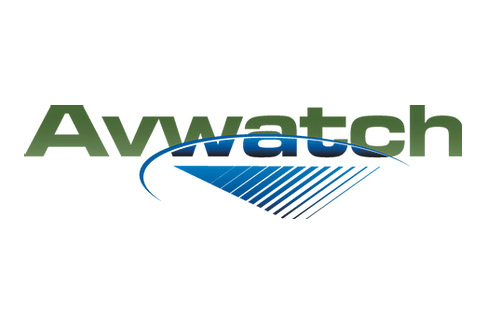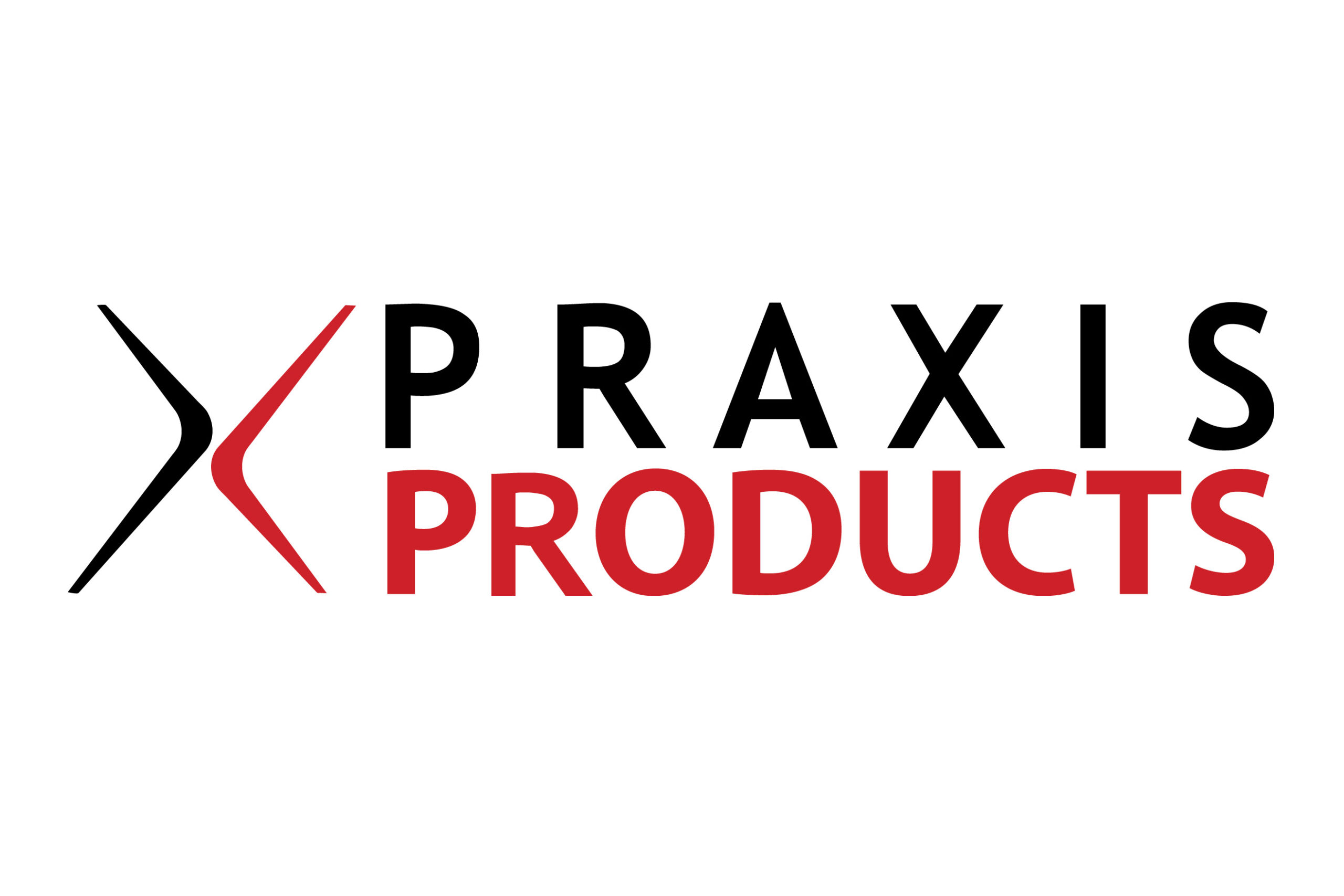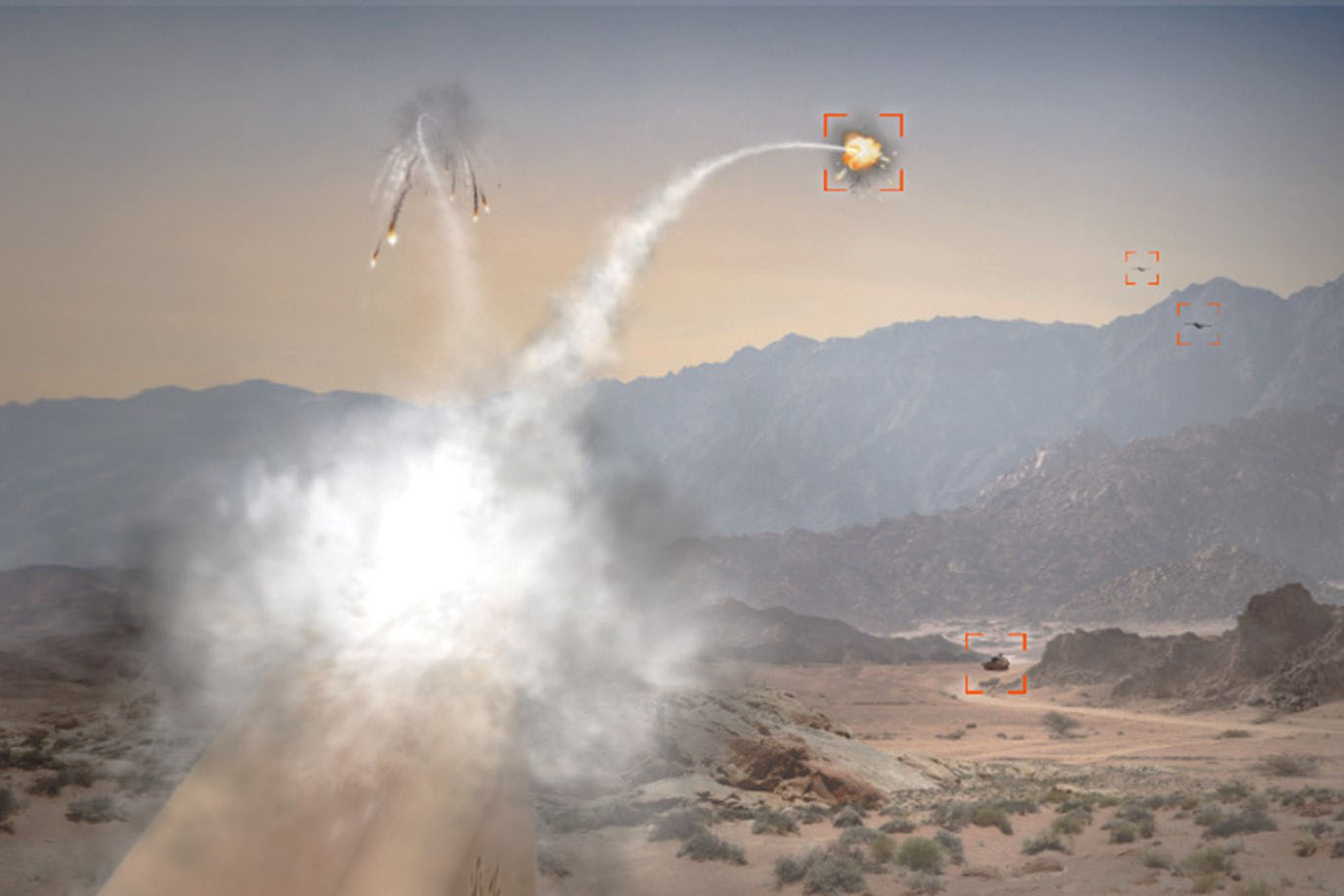
Image Courtesy of BAE Systems
Download a PDF of the Press Release
Tampa, FL: Today, TSC, an advanced sensor company specializing in Department of Defense elec-tronics, introduced its new proximity sensor to support the Counter-Unmanned Aircraft Systems (C-UAS) mission at booth number 543. TSC collaborated with global defense company L3Harris Technologies to develop a fuze that transforms platforms into low-cost counter-UAS solutions with proven success in U.S. Army testing
TSC’s sensor is integrated into an L3Harris-developed proximity fuze to enable BAE Systems’ APKWS® laser guided weapons to be fired from any Hydra 70 launcher, including integration into L3Harris’ VAMPIRE™ multi-purpose weapons system for C-UAS.
TSC’s announcement comes shortly after the Joint Counter-Small Unmanned Aircraft Systems Office (JCO) successfully completed testing of L3Harris’ proximity fuze on BAE Systems’ APKWS® laser-guided APKWS-guided rocket. The testing against Group 3 target drones paves the way for fielding of the precision-guided rockets to partner nations around the globe.
The newly developed proximity fuze for the standard M151 warhead allows APKWS laser-guidance kits to target Group 2 and Group 3 drones. The fuze also includes a Height of Burst (HOB) mode and retains the legacy point denotation capability for maximum flexibility of the weapon in the field. The new fuze now enables APKWS-guided rockets to engage and destroy drones at a fraction of the cost of existing C-UAS systems with unprecedented precision.
During the Department of Defense-led exercise at Yuma Proving Ground, Arizona, the 70 mm APKWS-guided rockets, equipped with the proximity fuze, demonstrated 100 percent effectiveness when fired against Group 3 drones. The APKWS C-UAS solution is platform agnostic, permitting multiple options to accelerate fielding.
TSC’s proximity sensor technology continues to provide a critically needed solution for C-UAS missions that enables the cost-effective defeat of UAS platforms. We continue to see that the economics of engagement rising in importance as low-cost UAS have become an increasing element of the battlespace. We designed our solution as a drop-in replacement to the M423 fuze, which means we can rapidly field the new capability.
Brandon Wolfson
TSC provides the RF sensor electronics on the proximity sensor, while L3Harris is the fuze developer and provides the safe and arm device. The collaboration included BAE Systems to integrate, test, and demonstrate the new capability using APKWS laser-guidance kits.
About Technology Service Corporation: Technology Service Corporation (TSC) is an employee-owned, high-technology company primarily engaged in providing advanced sensor products and engineering services to the U.S. Government. These products and services involve support of systems throughout their life cycles from advanced concept development through operational support.
TSC has supported Federal Government, commercial, and international customers for over 50 years. Our Government customers include the US Military Services, Defense Agencies, and the Federal Aviation Administration. TSC maintains offices in 11 locations nationwide.
